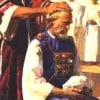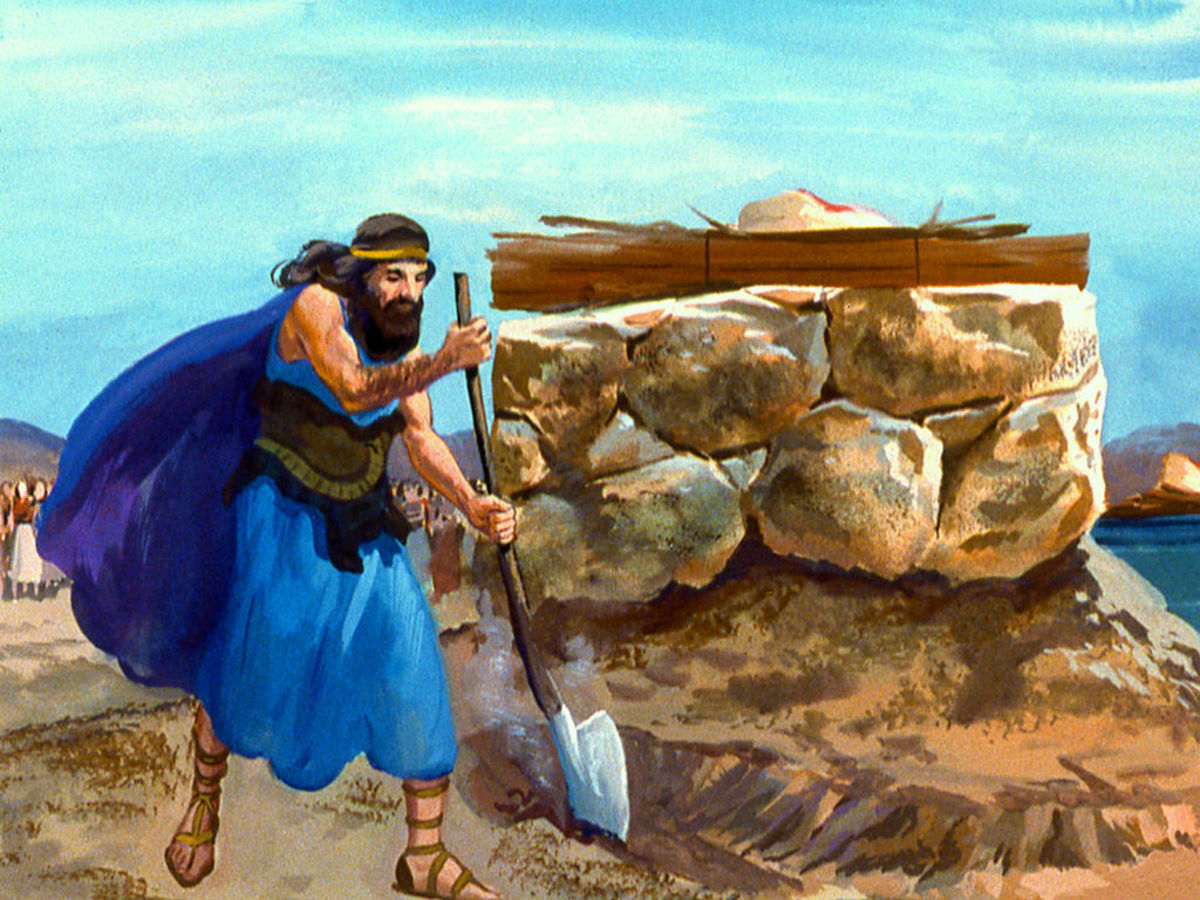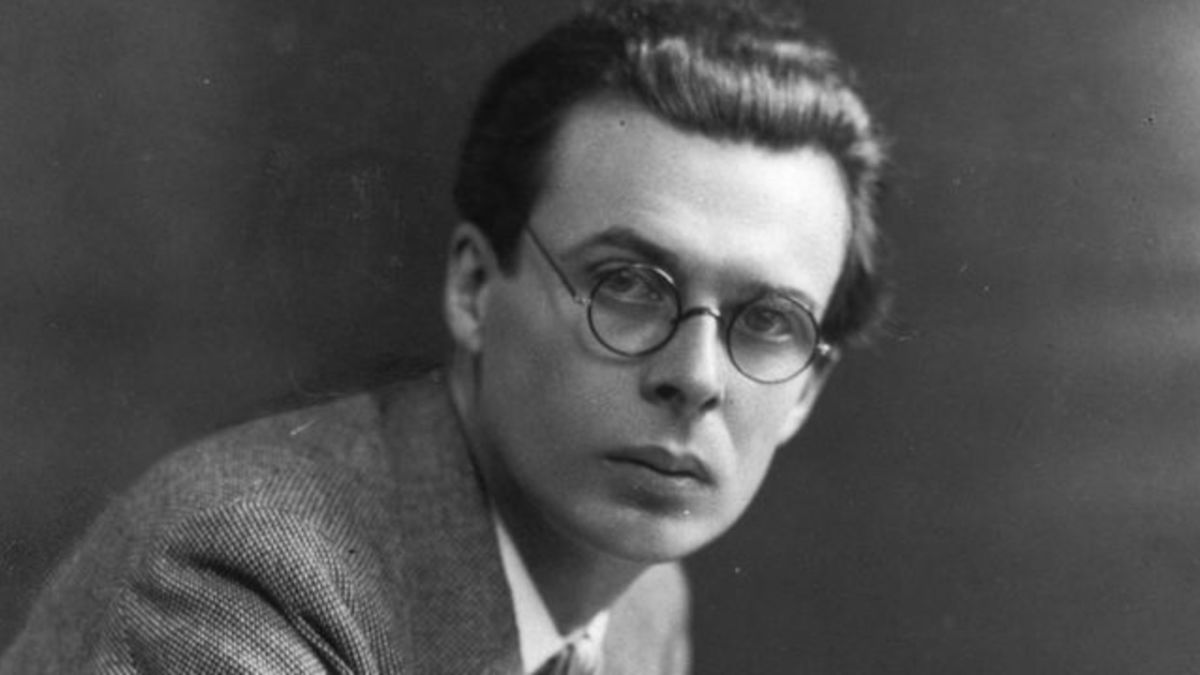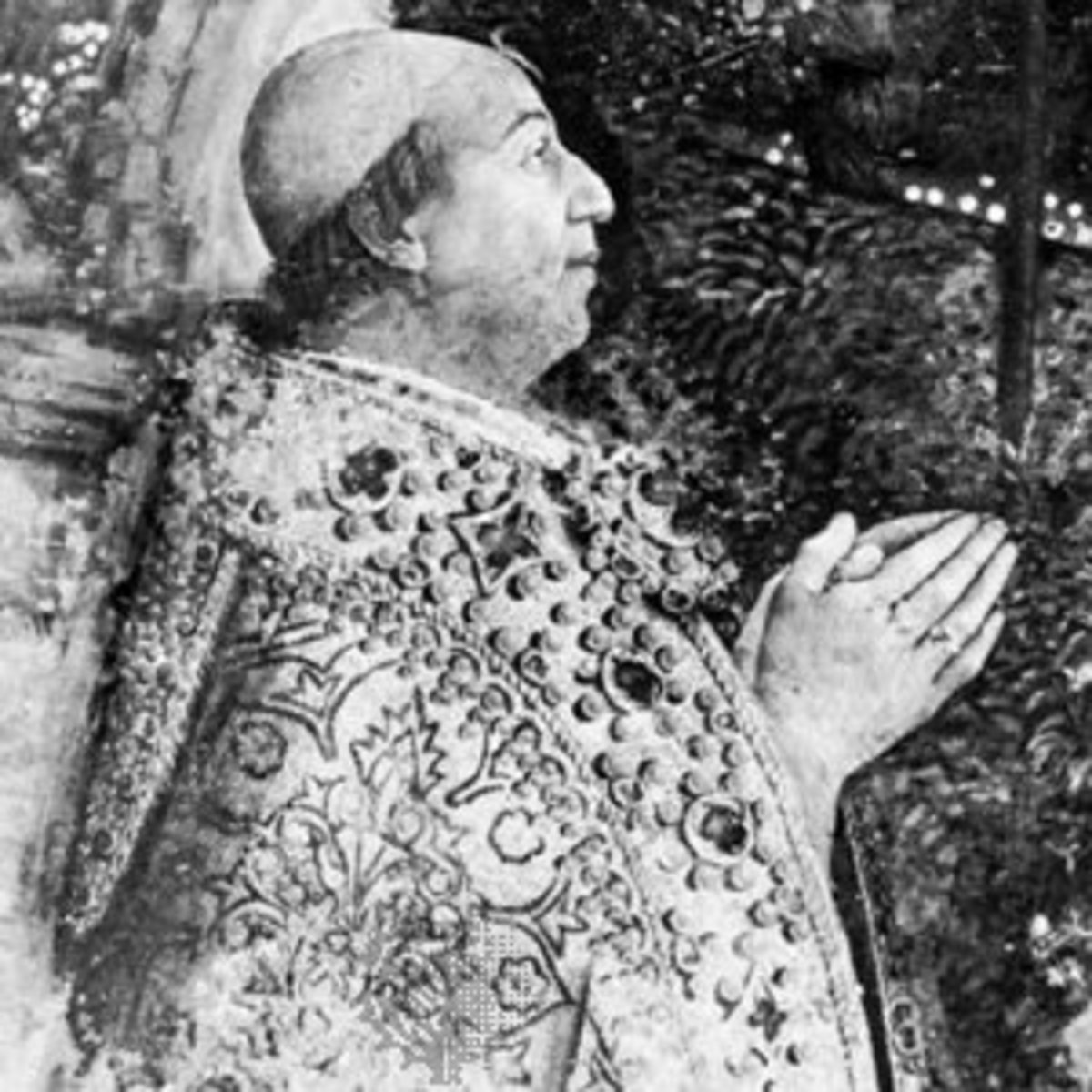Twin Messiahs
The concept of the Messiah has its own peculiar twist amongst Karaites. What I'm about to describe in this hub is derived from an ancient belief that I'm aware a large number of my fellow Karaites don't even recognize because they have been influenced by Rabbanite Judaism for so long. Somwhere in our history they have forgotten about this concept even though it is quite strong in our literature. Our belief in the Messiah is peculiar for one very unique reason, that being that we aren't expecting one but two messiahs. The full explanation of the duo messiahship can be read in my book The Caiaphas Letters (http://www.legendsofthekahana.webs.com/3onthecharts.htm) so I'm only going to provide a brief overview here. The belief as I mentioned is actually very old. Old enough that even one of the Dead Sea Scrolls from Qumram, the Manual of Discipline to be exact, comments that at the End of Days there will be both the Priest and the Messiah of Israel. An indication that there was at least amongst the Essenes an expectation of two men that would save the nation, one of them being this aforementioned Priest, or the Messiah of Aaron. Ten centuries later, we find this same reference used by David ben Abraham al-Fasi, a Karaite writer and scholar. Al-Fasi refers to them as the two anointed ones but does add his personal comment that he believes the Messiah of Aaron is none other than the prophet Elijah returning. It is interesting that al-Fasi credits Elijah with a Second Coming, a belief similar to the return of Jesus amongst Christians but I personally believe he has mistaken a metaphor for something more literal. There is an old folk-tale amongst Judaism, which springs to life at every Passover, that the prophet Elijah will return to herald the restoration of the Kingdom of Israel. As I read the ancient documents, my impression is that we are not to take it as a literal reference to Elijah but an allusion that someone like Elijah (ie. having the qualities and abilities of Elijah) will arise and herald the coming of the Messiah of David.
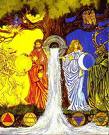
The Messiah of Aaron
I think the best indication of what this high priest with Elijah like qualities will do is from the commentary of Yefet ben Ali, the Karaite commentator of the 10th century when he analyzed the book of Malachi and stated that this Priestly Messiah will educate the people and end the disagreement, a reference to the division that has now persisted for a millennia between Karaites and Rabbanites. And the division ends not by a mutual consensus to adopt a blended religion but by the full adoption of Karaism by all the Rabbanites. A very interesting perspective since Yefet ben Ali was well aware that the anti-Karaite feeling of his time by Rabbanites was virulent and they wished for nothing better than for Karaism to be obliterated completely. It is also very interesting that this Messiah of Aaron is expected to come from the wilderness, a reference to a land far beyond the boundaries of the world that ben Ali could fathom. Virtually, he's an outsider, not coming from the mainstream of Karaism or the obvious Karaite communities. Wherever he does come from, he will not only bring the majority of Jews back to Israel but he will restore their tribal allegiances. No small task since most Jews are completely unaware of which tribe they are descended from. Once he has restored the Temple, he will then anoint the Messiah of David. From this description it would appear that the Messiah of Aaron is actually the great redeemer, responsible for everything that was usually attributed to the Messiah of David. In fact, from the writers standpoint, the Messiah of David isn't responsible for doing very much when his role is assessed. This focus on the Messiah of Aaron may be the result of Karaite interpretations of Zechariah vi-13 "And he shall sit and rule upon his throne and there shall be a priest upon his throne' followed by a comment in reference to this priest, 'but upon himself shall his crown shine again as in the beginning.' The shining or illumination of this new world is a task attributed to the Messianic priest upon his throne, not the one sitting on David's throne.
Dual Messiahs
Karaite liturgy is quite clear on the expectation of twin messiahs. Most Karaite prayers make reference to the restoration of the Kingdom of David and the priesthood. Those prayers such as Yeolah Veyavoh burrowed from Rabbinic liturgy have 'and the seed of Aaron' added to the Davidic messiah reference. Aaron ben Elijah of Nicomedia suggested that at the conclusion of a Karaite service a silent prayer be added which says 'we pray for the ingathering of Israel and the coming of the son of David, our righteous messiah, and the priest, the righteous messiah.' Again I find it interesting that there is a distinct difference to the two messiah's as indicated by the use of the references 'our' and 'the' before righteous messiah.' This would be suggestive that the first messiah is popular amongst the people hence the use of 'our', but the latter is messiah appointed by God. He doesn't belong to us, he comes from a higher power. This would support the earlier comment that it is the priestly messiah that will anoint the Davidic messiah, a clear indication that the priestly messiah was not anointed by man but by God.
The Dual Messiah concept is another point of differentiation between Karaites and Rabbanites with the latter having only the singular belief in a messiah from the House of David. This is in spite of the many Tanach references to two messiahs a few of which I have provided. Perhaps the appearance of the Messiah of Aaron will be enough to eliminate the division between our two cultures, because as soon as he appears, then the Rabbanites will know that they were wrong!
